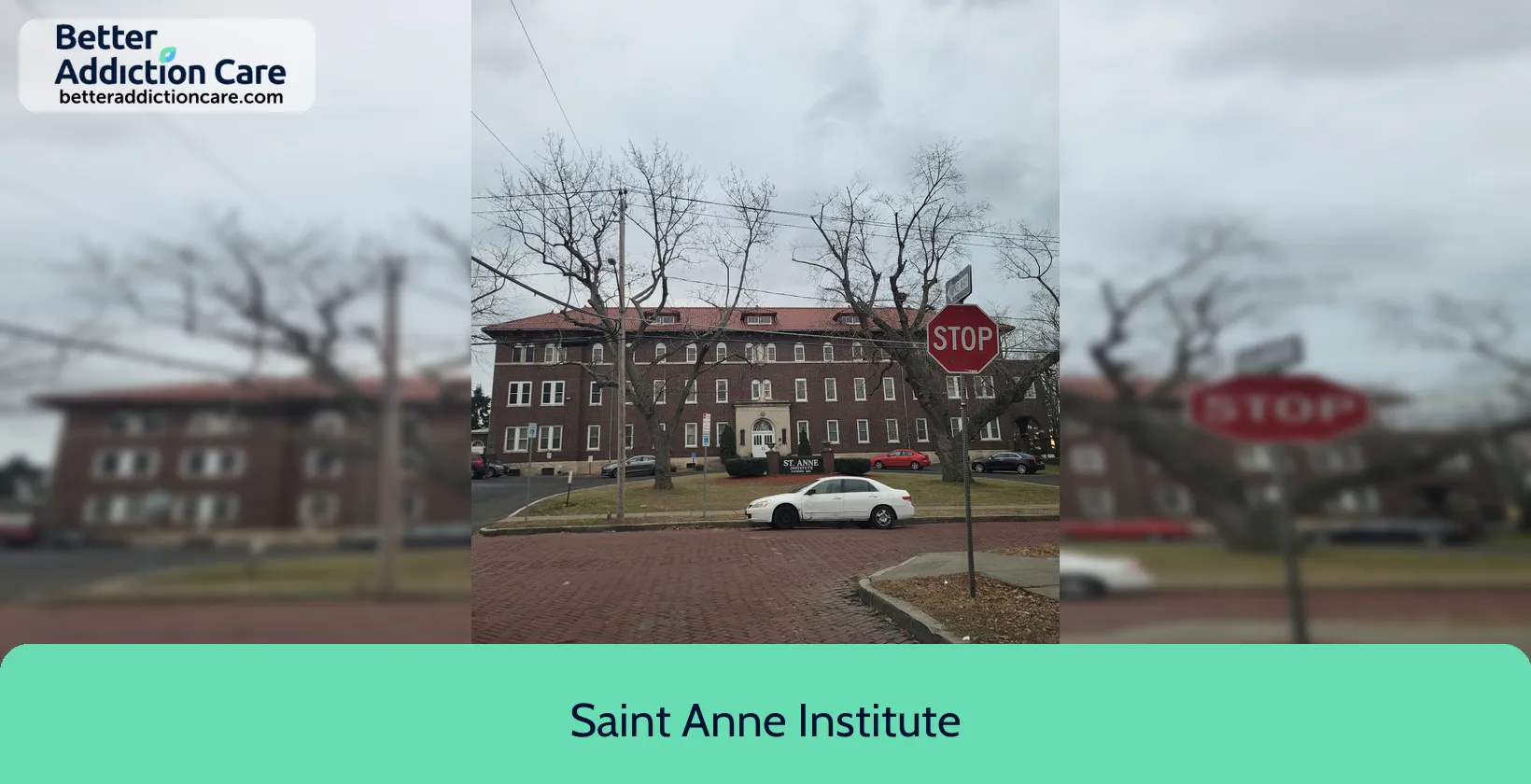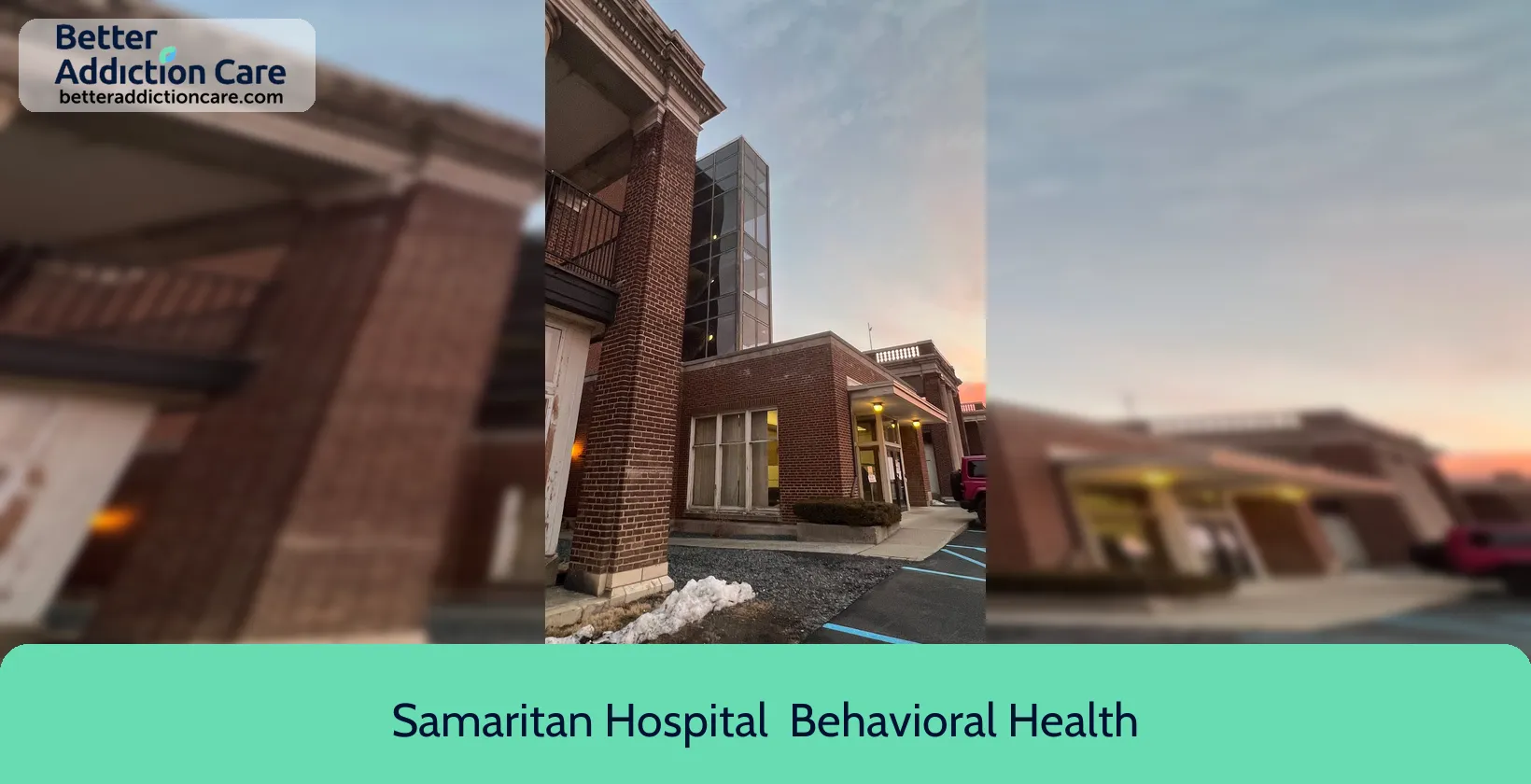
Overview
Located in Albany, New York, SPARC - St. Peter's Addiction Recovery Center Men's Community Residence provides specialized addiction treatment programs just for men. The facility offers a selection of activities meant for those looking for strong help on their path of recovery. These programs call for inpatient residential treatment, outpatient services, intensive outpatient programs (IOP), aftercare, and sober living homes.
The center uses individual and group therapy, community-based programming, psycho-education, relapse prevention techniques, and life skills education among other treatment approaches. With an eye toward relapse prevention and the acquisition of vital life skills, SPARC is committed to enable a seamless path towards independence. The facility also treats co-occurring mental health issues and provides thorough assistance to satisfy its customers' complicated demands. Approved by The Joint Commission, SPARC guarantees a quality-driven approach to addiction recovery by following strict criteria of treatment.
St Peter's Addiction Recovery (SPARC) at a Glance
Payment Options
- Cash or self-payment
- Medicaid
- Medicare
- State-financed health insurance plan other than Medicaid
- Private health insurance
Assessments
- Screening for tobacco use
- Comprehensive mental health assessment
- Comprehensive substance use assessment
- Outreach to persons in the community
- Screening for mental disorders
Age Groups
- Seniors or older adults
- Young adults
- Adults
Ancillary Services
- Case management service
- Social skills development
- Transportation assistance
Highlights About St Peter's Addiction Recovery (SPARC)
7.23/10
With an overall rating of 7.23/10, this facility has following balanced range of services. Alcohol Rehabilitation: 8.00/10, Drug Rehab and Detox: 7.23/10, Insurance and Payments: 6.00/10, Treatment Options: 7.70/10.-
Alcohol Rehabilitation 8.00
-
Treatment Options 7.70
-
Drug Rehab and Detox 7.23
-
Insurance and Payments 6.00
Accreditations
The Joint Commission:

The Joint Commission, previously known as JCAHO, is a nonprofit organization that accredits rehabilitation organizations and programs. Established in 1951, its mission is to enhance the quality of patient care and showcase excellence in healthcare delivery.
Treatment At St Peter's Addiction Recovery (SPARC)
Treatment Conditions
- Alcoholism
- Substance use treatment
Care Levels
- Hospital inpatient treatment
- Outpatient
- Long-term residential
- Outpatient methadone/buprenorphine or naltrexone treatment
- Outpatient day treatment or partial hospitalization
Treatment Modalities
- Cognitive behavioral therapy
- Telemedicine/telehealth therapy
- Substance use disorder counseling
- Trauma-related counseling
- Smoking/vaping/tobacco cessation counseling
Ancillary Services
Languages
- English
Additional Services
- Pharmacotherapies administered during treatment
- Mentoring/peer support
- Breathalyzer or blood alcohol testing
Special Programs
- Clients with co-occurring mental and substance use disorders
- Criminal justice (other than DUI/DWI)/Forensic clients
- Pregnant/postpartum women
- Clients with co-occurring pain and substance use disorders
- Clients who have experienced trauma

Additional Locations
Get Help Now
Common Questions About St Peter's Addiction Recovery (SPARC)
Contact Information
Other Facilities in Albany

7.17

7.60

7.56

7.28

7.59

7.33

6.65

7.55
DISCLAIMER: The facility name, logo and brand are the property and registered trademarks of Equinox, and are being used for identification and informational purposes only. Use of these names, logos and brands shall not imply endorsement. BetterAddictionCare.com is not affiliated with or sponsored by Equinox.

